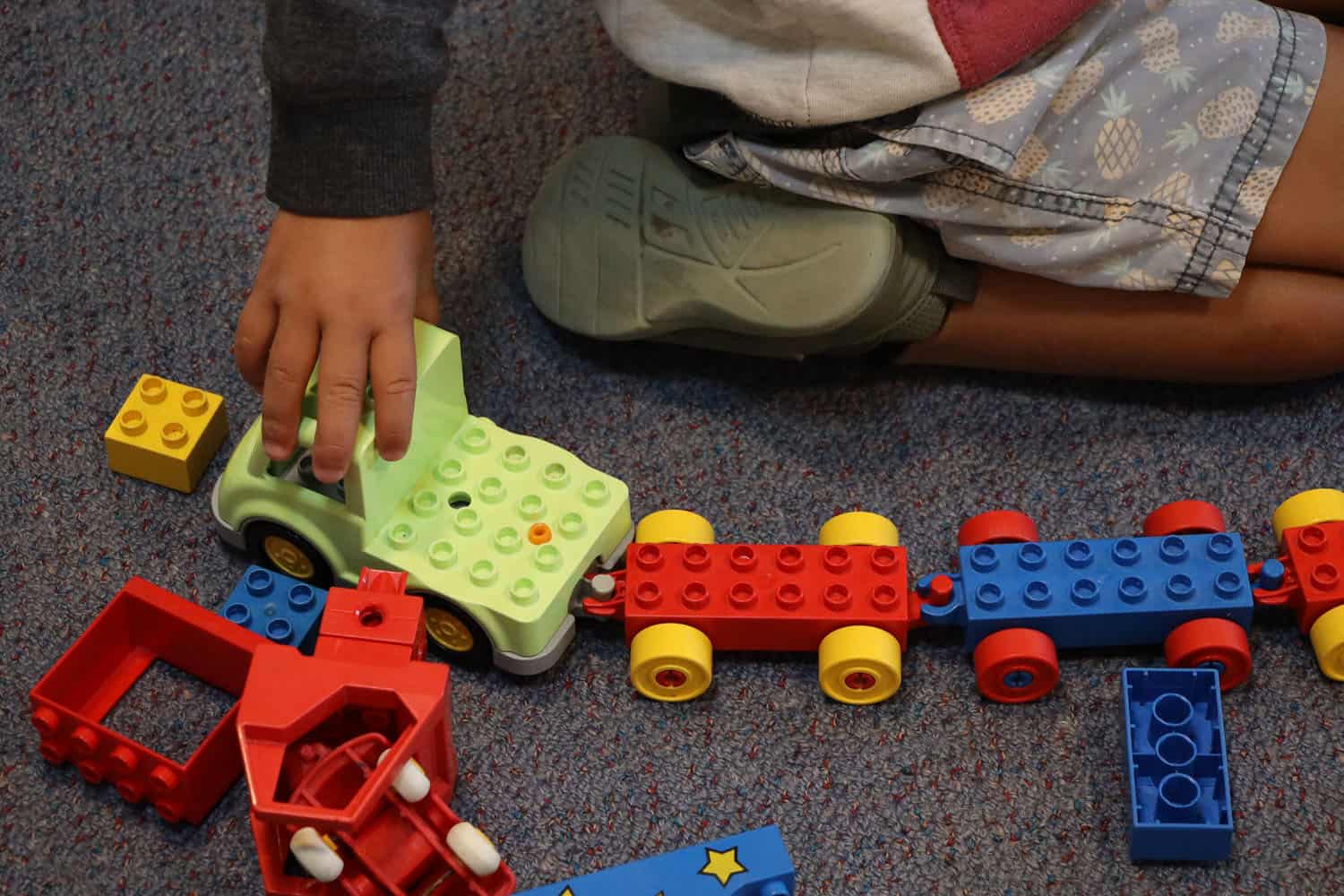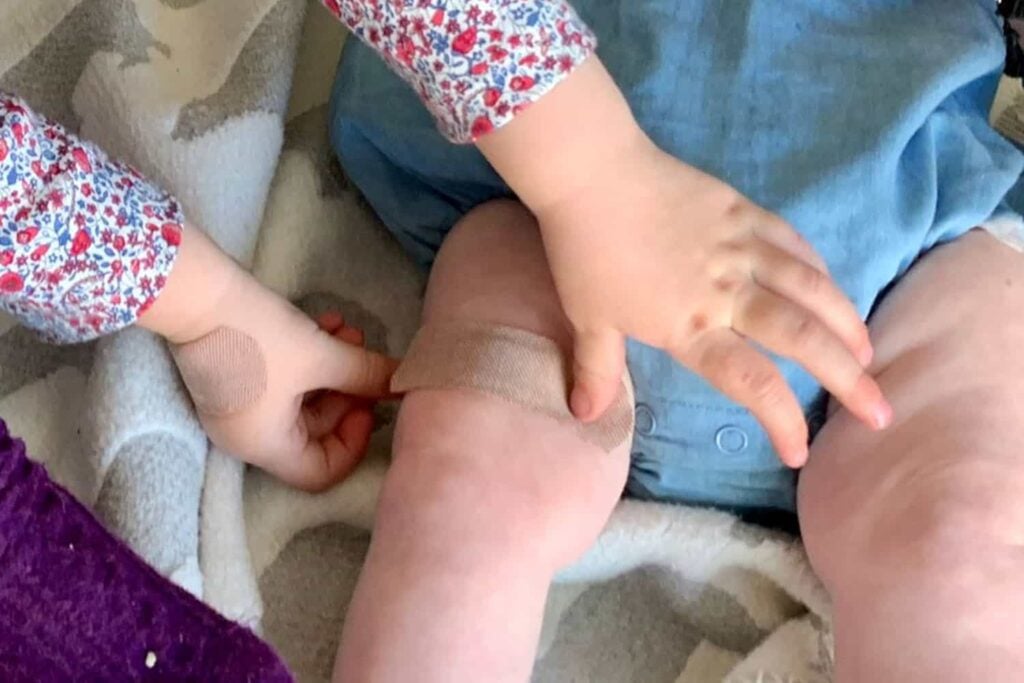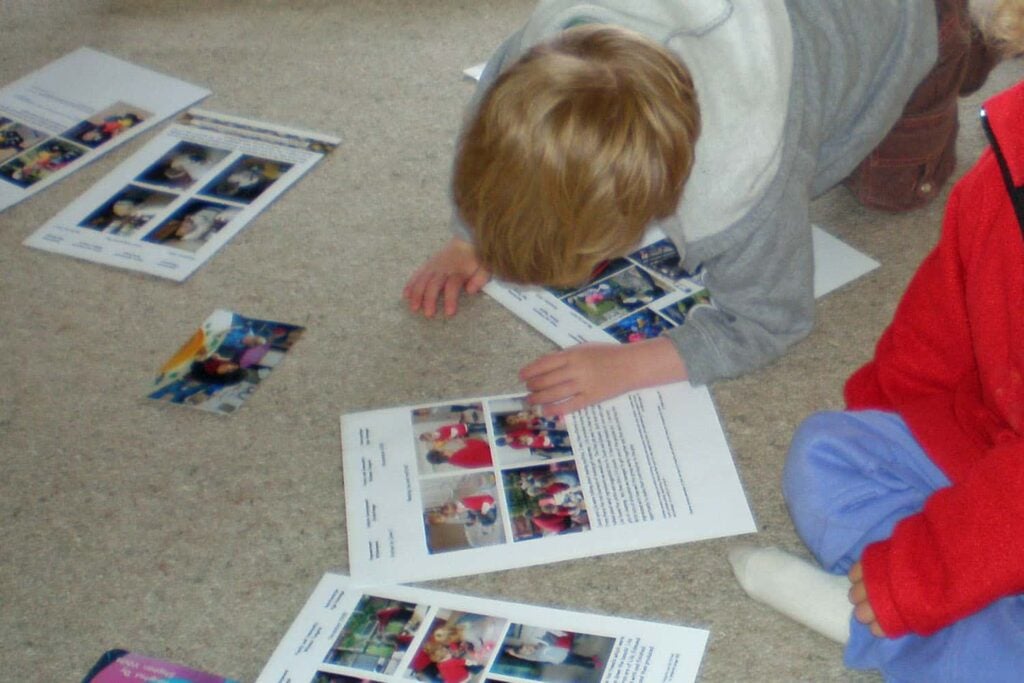October 18, 2012.
The Government failed kōhanga reo and thereby breached the Treaty of Waitangi according to a Waitangi Tribunal report released this week.
The report is the result of an urgent hearing by the Tribunal into a claim by the Kōhanga Reo National Trust Board, which said the Government had failed to support kōhanga reo and had contributed to its decline through bad policies and lack of funding.
The Tribunal panel said the Trust’s claim was valid and the Crown should apologise for its failures.
The Trust was particularly upset at the Government’s Early Childhood Education Taskforce report released in 2010 that severely criticised kōhanga reo. The Trust said it was not consulted by the Taskforce or given a chance to respond to the criticisms before the report was released.
The findings of the Waitangi Tribunal will come as no surprise to those in the early childhood education community who have followed the Kōhanga Reo movement.
Dr Sarah Alexander researched kōhanga and studied the characteristics of quality that made kōhanga reo unique from mainstream early childhood services in Dunedin as part of her Ph.D. thesis in the early 1990s.
“Tensions between Pakeha views of how early childhood education should be done and the kaupapa of the kōhanga reo movement were beginning to emerge a little then, however kōhanga were highly regarded as an NZ treasure and valued as being important for whanau support and the preservation and passing on of the Māori language. Sadly this is no longer the case and over recent years ngā kōhanga reo have become more and more marginalised,” says Dr Alexander.
Māori Land Court Deputy Chief Judge Caren Fox who led the panel said Government actions during the last decade had damaged the kōhanga reo movement.
“The result is that the relationship between the Trust, the Ministry of Education, and Te Puni Kokiri has deteriorated to a point where the Trust has lost trust and confidence in the ability and willingness of these agencies to understand and provide for kōhanga reo,” she said.
The Trust had asked to separate from the Ministry of Education, but the Tribunal panel has not recommended a complete break. However, it has said the Government needs to consider a “more appropriate regulatory and licensing framework” specific to kōhanga reo. It has also recommended that an independent advisor be appointed to help oversee work on its recommendations.
The report also highlighted funding as a major problem for kōhanga reo with centres unable to offer similar staff pay rates to teacher-led centres because they have different funding rates. It also said the Crown failed to promote the benefits of kōhanga reo as a way of preserving Māori language and failed to accurately measure the achievements of kōhanga reo.
The quality of some buildings housing kōhanga reo centres was also an issue with the Māori Development Ministry, Te Puni Kokiri identifying 172 kōhanga reo with buildings that may not meet new regulations by a November 2014 deadline.
Education Minister Hekia Parata said the Government would consider the report and assess it alongside other work being done on the Māori-language in Education plan by the Education Ministry.
Ms Parata said she would be seeking a “meaningful and constructive way forward” and that “the Government and communities must work together effectively to reach out to those Māori children who do not participate in kōhanga reo, or in early childhood education at all”.
Kohanga Reo National Trust board co-chairwoman Tina Olsen-Ratana said the recommendations “go a long way to addressing what issues we had”.
The Board has written to Prime Minister John Key, Education Minister Hekia Parata and Māori Affairs Minister Pita Sharples asking for a meeting to discuss the recommendations.
The board is also calling for a moratorium on any new policy decisions by the Ministry of Education that impact kōhanga reo.
Tribunal Recommendations
- An independent advisor is appointed to oversee the implementation of recommendations and develop relationships between the Government and the Kōhanga Reo National Trust.
- A work programme be developed to address:
- a policy framework for kōhanga reo
- policies and targets for increasing participation in kōhanga reo and reducing waiting lists
- identifying ways of maintaining and improving quality
- a better funding regime for kōhanga reo,
- a more appropriate regulatory and licensing framework
- capital funding to ensure kōhanga reo can meet relicensing standards by 2014
- support for the Trust to develop policy capability
- Research be undertaken on the effect and impact of kōhanga reo including how to support language transmission.
- Informing Māori of the benefits of their children attending kōhanga reo
- The Crown should formally acknowledge and apologise to the Trust and kōhanga reo for the failure of its ECE policies to provide for kōhanga reo and agree to meet reasonable legal expenses incurred by the Trust in bringing the claim.









